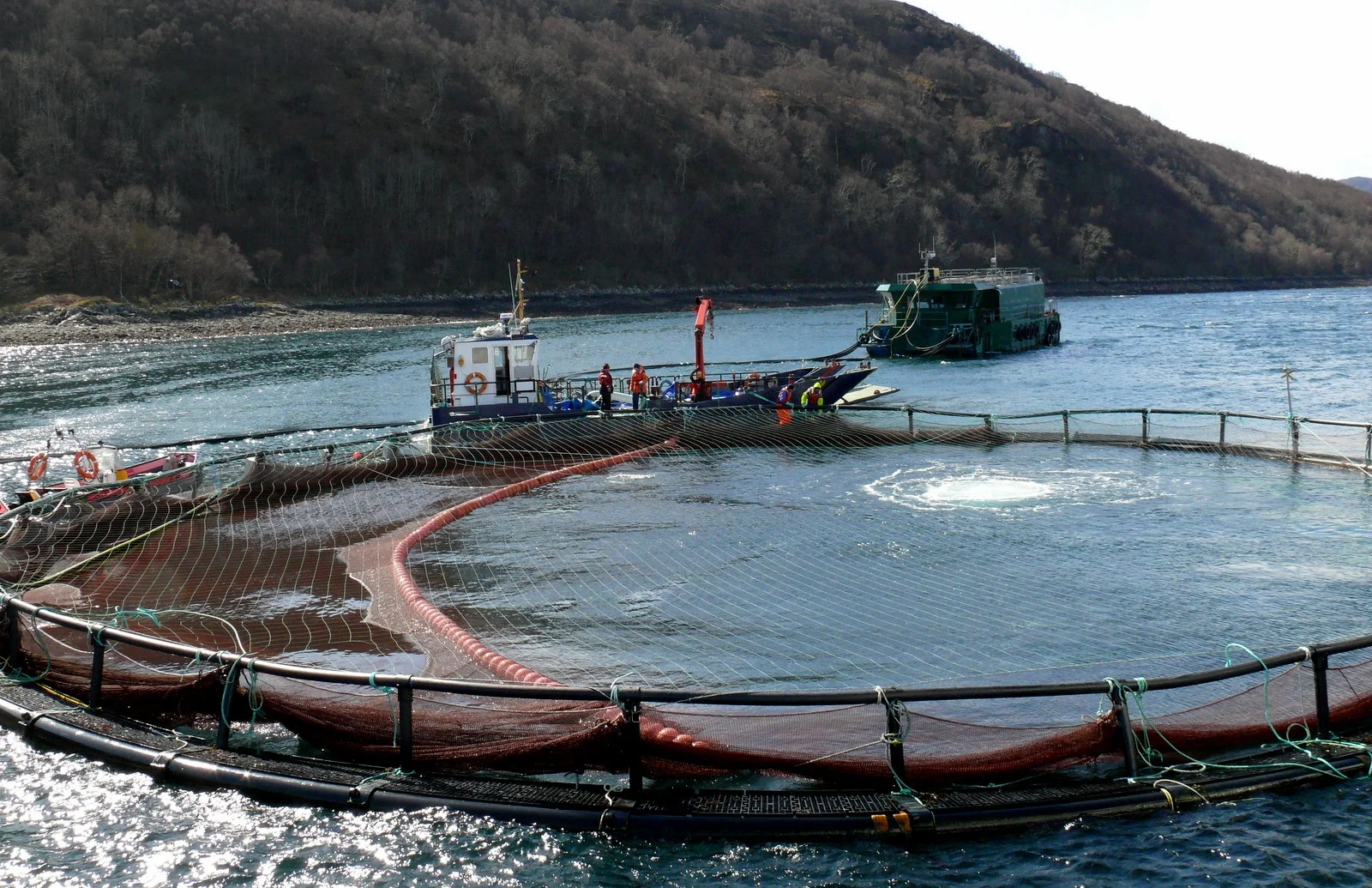Increasingly opportunitites in aquaculture are affected by changes in governance i.e those processes governing the sector at whatever level (enterprise,value chain, State), formal or informal, and undertaken by government, market or network.We analyse international trade and value chains from a variety of perspectives including the competitiveness of those involved and impacts on sustainability and poverty.Private sector governance through standards and certification services have become important in global trade but are evolving to meet new opportuntities and realities. Landscape and value chain approaches that incorporate local perspectives are gaining credibility in some contexts whilst a reorientation towards safe, traceable food may be critical for the broader acceptability of standards in Low and Medium Income Countries where most fish production and consumption occurs. This theme integrates closely with environmental resilience as assessments of carrying capacity, environmental and social, are integral to good governance.
-
Value chains and trade
Value chain analysis has become a key aspect of the group's toolbox to understand the overall impacts of aquaculture in society. It was a key component of the SEAT project and now a focus of our inputs into the Primefish project. Off farm employment within the aquaculture sector is typically much greater than on farm and the upstream and downstream links of the chain tend to extend the beneficial impacts over a broader geographical range than the often limited farming areas. Employment off farm allows asset-poor households to benefit.
Standards, certification
In the context of increasing consumer awareness of sustainability and ethical issues linked with aquatic food production, various standards and certification schemes related to aquaculture have emerged in the last decade promoted by retailers, governments, NGOs and the aquaculture industry itself. Private standards and related certification schemes in particular have become a significant feature of international fish trade and marketing. Their ability to facilitate homogenization, traceability and transparency of production processes, have made them efficient mechanisms of standardization and regulation within the value chain, as well as a branding opportunity for retailers and producers. The effects of standards and certification at different levels in the value chain, from producers to consumers, is a major component of a variety of projects the Institute is/has been engaged with.
Food safety and welfare
Standards ensuring high levels of food safety and increasingly animal welfare have become major requirements of retailers in rich country markets. On the producer side ensuring high standards for quality, safety and animal welfare can improve economics, minimizing losses that result from spoilage, damage to trade and illness/discontent among consumers. Of the factors affecting fish welfare and to a great extent safety, water quality is a primary one. The interplay between stocking density, feed management practices and water quality is among the primary research focuses at the Institute of Aquaculture aiming to ensure optimal outcomes for the fish, producers and consumers.
Regulation and policy
A systems perspective research and recommendation for public and private policy making related to aquaculture is another primary focus of the Sustainable Aquaculture Group at IoA. Multidisciplinary projects investigating topical issues with high relevance for policy makers within sustainable aquaculture domain, covering environmental, economic and social aspects, include SEAT, PrimeFish and GII, and the newly funded TAPAS project (www.tapas-h2020.eu).


